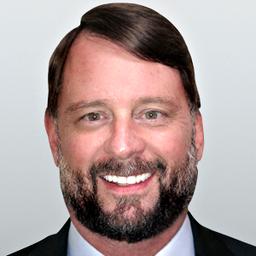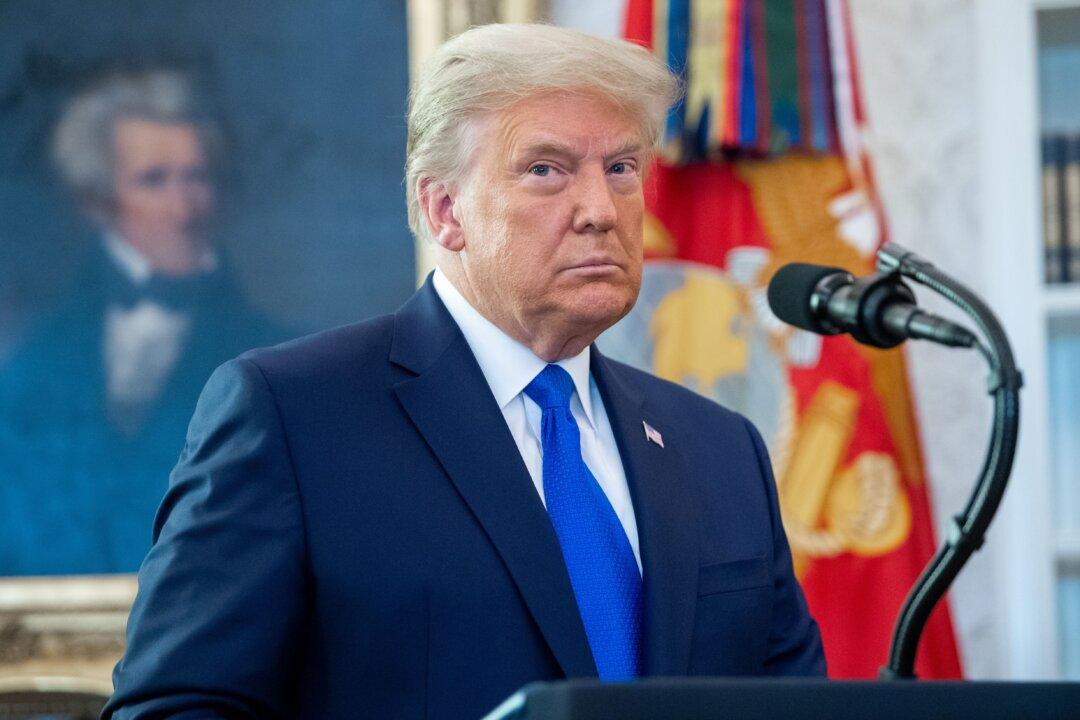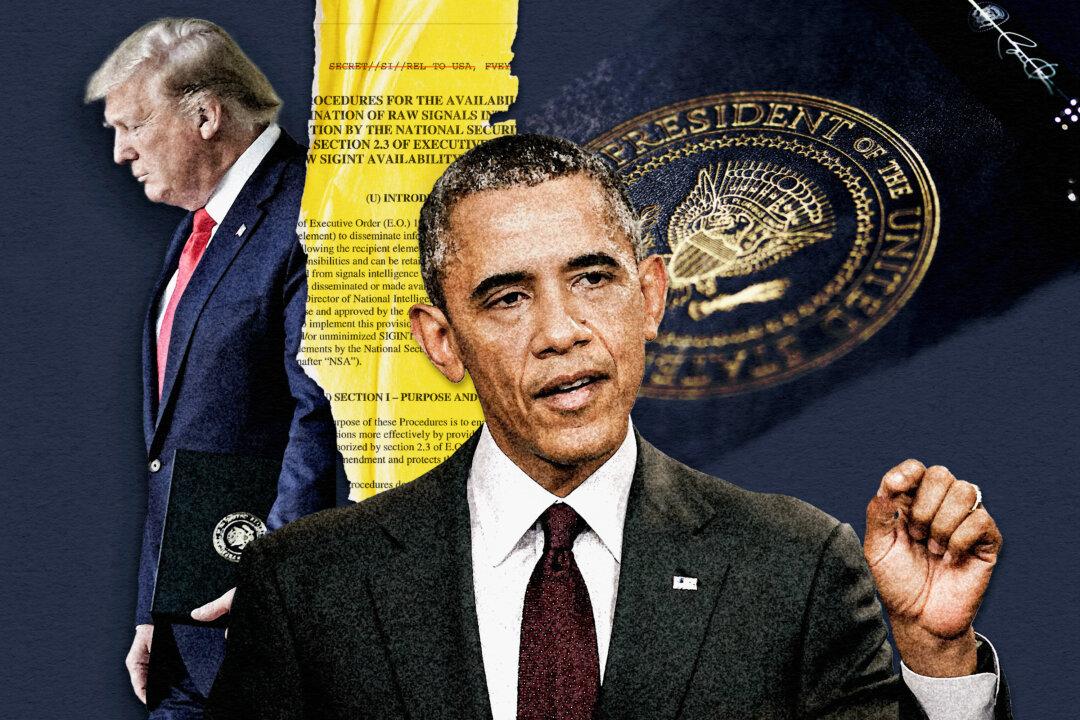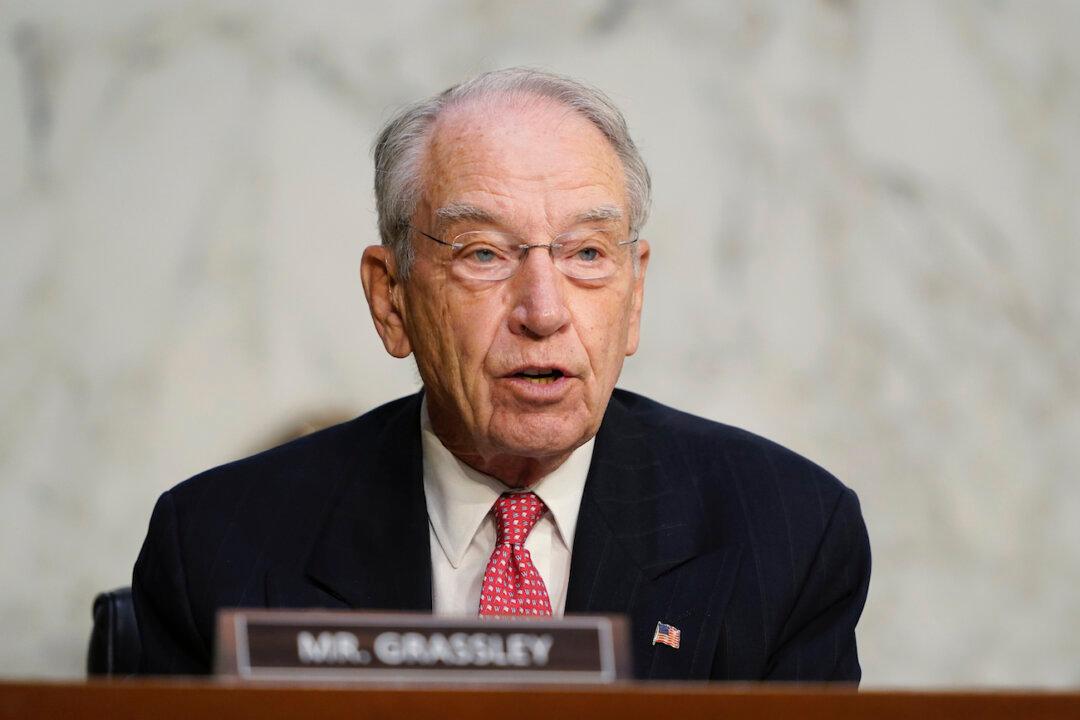Bill Priestap, the high-ranking FBI official responsible for overseeing both the Clinton email investigation and the agency’s counterintelligence investigation into the Trump campaign, appears to have not really been in control of his own investigations.
In closed-door testimony before congressional lawmakers in June last year, Priestap, who served as the head of the FBI’s counterintelligence division, acknowledged it was mostly FBI agent Peter Strzok and FBI analyst Jonathan Moffa who were “driving the train.”





